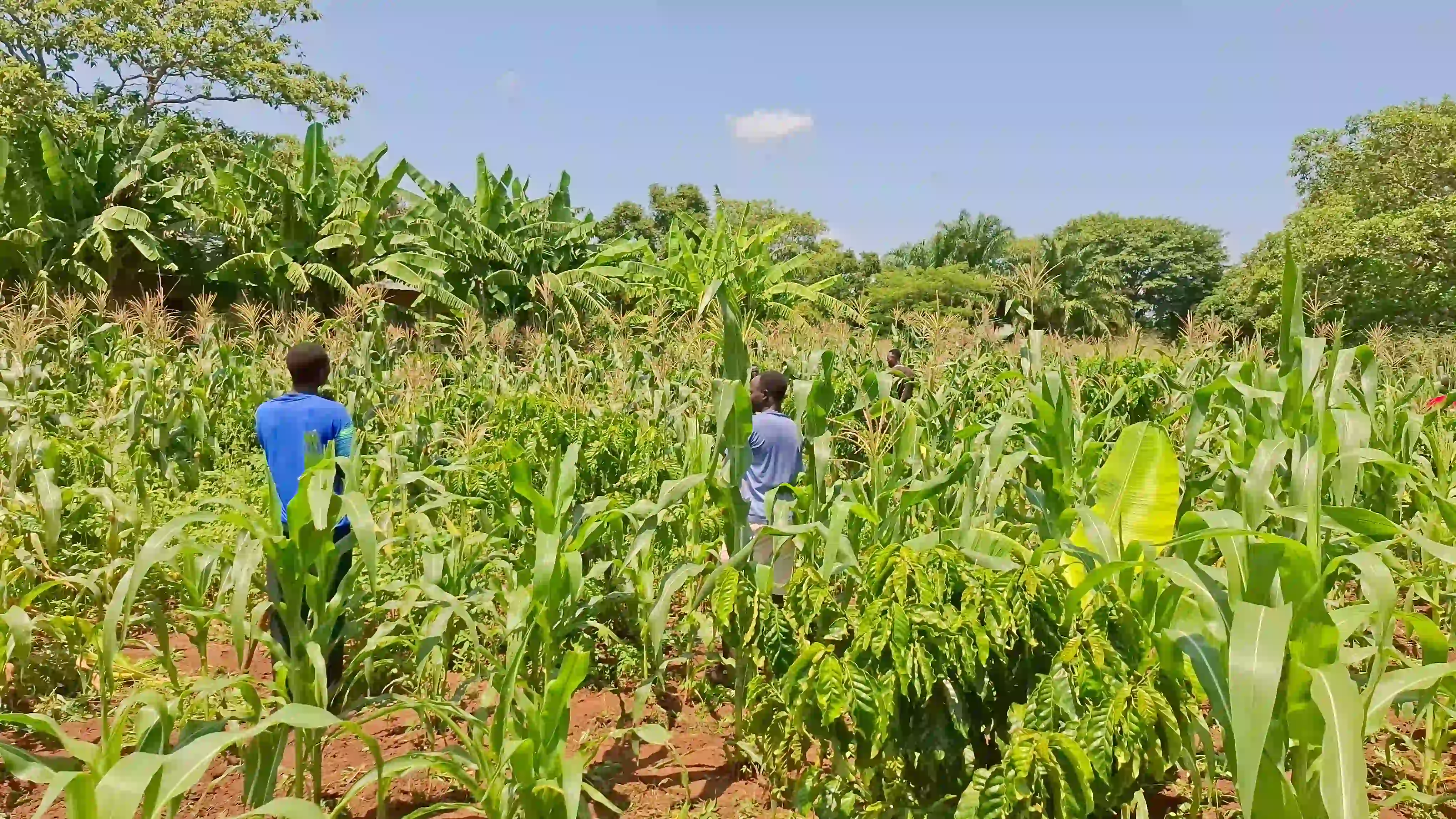Goli Maize Farm
Goli Farm is dedicated to advancing maize production in Yei, South Sudan, using modern, environmentally friendly, and community-centered farming practices. Located on fertile land ideal for maize cultivation, the farm focuses on growing high-yield, organic maize through mechanized planting, proper soil management, sustainable inputs, and careful post-harvest handling.
A core mission of Goli Farm is to use its maize production to feed students in the university and the local schools, ensuring they receive nutritious meals that support health and learning. The farm also supplies surrounding communities with clean, organic maize grain and strengthening food security and reducing dependence on imported or chemically treated food.



